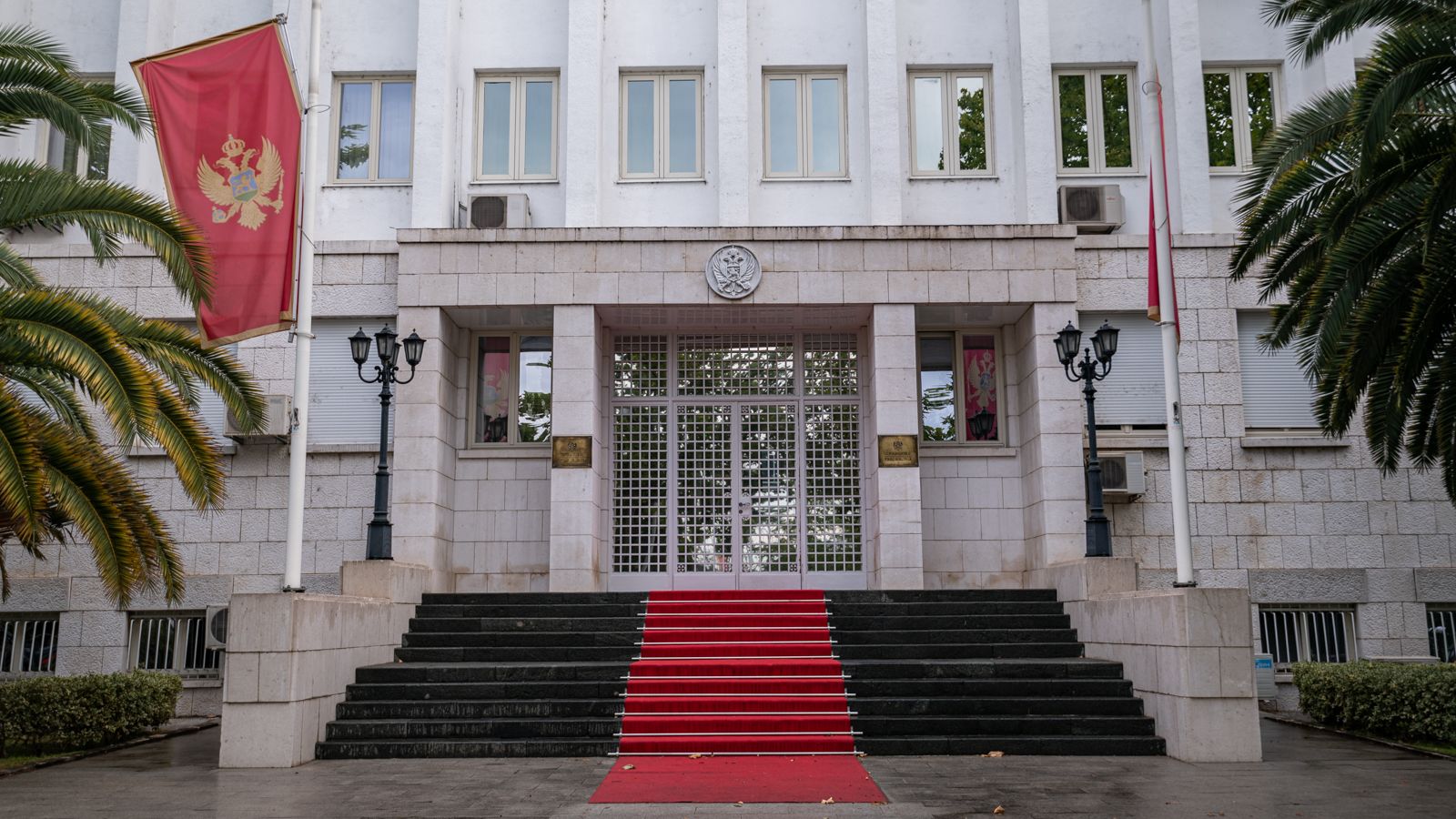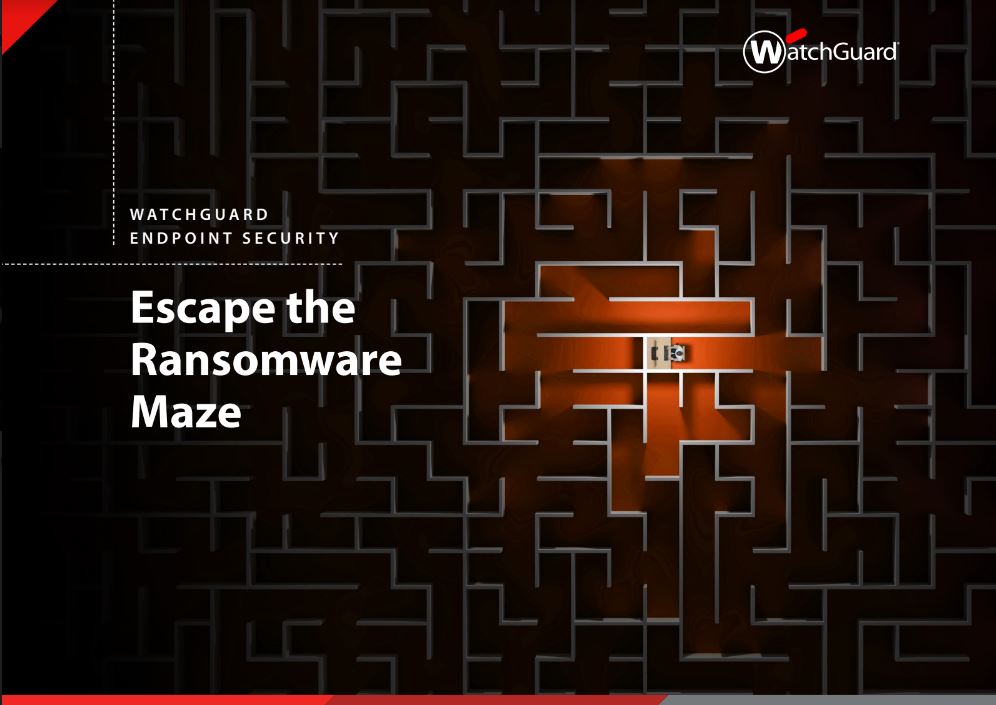Cuba ransomware group claims attack on Montenegro government
The double extortion specialists claim to have stolen the data days before Montenegro announced a sustained and co-ordinated series of cyber attacks targeting it from Russia


The Cuba ransomware group has claimed an attack on Montenegro’s government which reported last week that it was facing Russia-linked cyber attacks.
It claimed to have received the files belonging to the Montenegrin government’s Department for Public Relations on 19 August 2022.
The files allegedly contained information such as financial documents, correspondence with bank employees, balance sheets, tax documents, compensation, and source code.
IT Pro has not been able to verify the legitimacy of the files since Cuba’s download link appears to be broken at the time of writing.
Montenegro’s Agency for National Security (ANB) said on Saturday that it was “under a hybrid war at the moment” days after its public administration minister tweeted that “certain services” had been taken offline amid ‘multiple’ cyber attacks.
The minister, Maras Dukaj, on Thursday also likened the “series of cyber attacks” to those sustained in 2015 and 2016 in the country.
Dukaj did not explicitly define which attacks he was referring to, but he may have been referring to the Russia-linked cyber attacks targeting the nation before it joined NATO in 2017.
Sign up today and you will receive a free copy of our Future Focus 2025 report - the leading guidance on AI, cybersecurity and other IT challenges as per 700+ senior executives
The Montenegrin ANB website is also currently unreachable at the time of writing, as is the website for the Department for Public Relations which Cuba has claimed to have successfully breached.
Montenegro was once considered a pro-Russia ally but since it joined NATO in 2017, it has been considered an enemy of the country that’s now invading Ukraine.
Russia also added Montenegro to its list of ‘enemy states’ alongside other Western allies such as the UK and other nations that publicly oppose the Kremlin’s goals.
Coordinated Russian services are behind the cyber attack,” the ANB said in a statement to Associated Press. “This kind of attack was carried out for the first time in Montenegro and it has been prepared for a long period of time.”
Government official Dusan Polovic said, “I can say with certainty that this attack that Montenegro is experiencing these days comes directly from Russia.”
The cyber attacks appear to be targeting a broad selection of public entities in the country, including government services, and transportation and telecommunications sectors, its government said.
A number of the government’s servers have been targeted but the attacks so far have not resulted in any damage or data loss.
Who is behind the Cuba ransomware gang?
Very few cyber security companies have been confident enough to attribute the ransomware organisation to a specific country, however, Profero is one to have linked it to Russia.
The company said it has observed the Russian language on its website and during its negotiations with victims.
Cuba’s current ransomware leak site is written entirely in English, although some minor spelling and grammar issues can be observed.
RELATED RESOURCE

Escape the ransomware maze
Conventional endpoint protection tools just aren’t the best defence anymore
The US Federal Bureau of Investigation (FBI) said in a 2021 report that the group had compromised at least 49 organisations, including target operating critical infrastructure, netting nearly $50 million (£43 million) in revenue.
The double extortion ransomware group is thought to have targeted organisations in Europe, North and South America, and Asia in the past and experienced a resurgence between March and April 2022, according to Trend Micro.
Cuba ransomware is often delivered as a final-stage payload in cyber attacks involving the Hancitor malware downloader in email-based attack campaigns.
Additional tools often associated with these attacks are the use of the Mimikatz credential-stealing malware and the oft-abused Cobalt Strike penetration testing toolkit.

Connor Jones has been at the forefront of global cyber security news coverage for the past few years, breaking developments on major stories such as LockBit’s ransomware attack on Royal Mail International, and many others. He has also made sporadic appearances on the ITPro Podcast discussing topics from home desk setups all the way to hacking systems using prosthetic limbs. He has a master’s degree in Magazine Journalism from the University of Sheffield, and has previously written for the likes of Red Bull Esports and UNILAD tech during his career that started in 2015.
-
 Everything we know so far about the Nike data breach
Everything we know so far about the Nike data breachNews Hackers behind the WorldLeaks ransomware group claim to have accessed sensitive corporate data
-
 There’s a dangerous new ransomware variant on the block – and cyber experts warn it’s flying under the radar
There’s a dangerous new ransomware variant on the block – and cyber experts warn it’s flying under the radarNews The new DeadLock ransomware family is taking off in the wild, researchers warn
-
 Hacker offering US engineering firm data online after alleged breach
Hacker offering US engineering firm data online after alleged breachNews Data relating to Tampa Electric Company, Duke Energy Florida, and American Electric Power was allegedly stolen
-
 Cybersecurity experts face 20 years in prison following ransomware campaign
Cybersecurity experts face 20 years in prison following ransomware campaignTwo men used their tech expertise to carry out ALPHV BlackCat ransomware attacks
-
 15-year-old revealed as key player in Scattered LAPSUS$ Hunters
15-year-old revealed as key player in Scattered LAPSUS$ HuntersNews 'Rey' says he's trying to leave Scattered LAPSUS$ Hunters and is prepared to cooperate with law enforcement
-
 The Scattered Lapsus$ Hunters group is targeting Zendesk customers – here’s what you need to know
The Scattered Lapsus$ Hunters group is targeting Zendesk customers – here’s what you need to knowNews The group appears to be infecting support and help-desk personnel with remote access trojans and other forms of malware
-
 Impact of Asahi cyber attack laid bare as company confirms 1.5 million customers exposed
Impact of Asahi cyber attack laid bare as company confirms 1.5 million customers exposedNews No ransom has been paid, said president and group CEO Atsushi Katsuki, and the company is restoring its systems
-
 The US, UK, and Australia just imposed sanctions on a Russian cyber crime group – 'we are exposing their dark networks and going after those responsible'
The US, UK, and Australia just imposed sanctions on a Russian cyber crime group – 'we are exposing their dark networks and going after those responsible'News Media Land offers 'bulletproof' hosting services used for ransomware and DDoS attacks around the world

